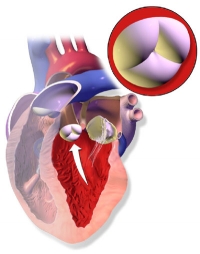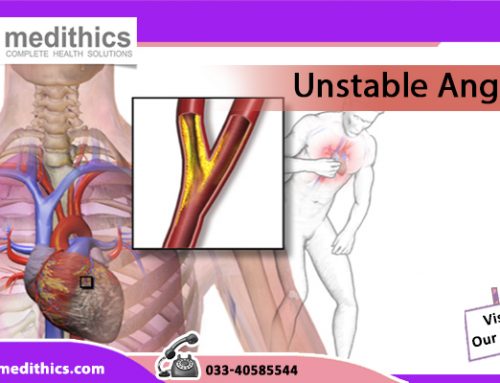Syncope is a temporary loss of consciousness usually related to insufficient blood flow to the brain. It’s also called fainting or “passing out.”
It most often occurs when blood pressure is too low (hypotension) and the heart doesn’t pump enough oxygen to the brain. It can be benign or a symptom of an underlying medical condition.
Causes
Syncope is a symptom that can be due to several causes, ranging from benign to life-threatening conditions. Several serious heart conditions, such as bradycardia, tachycardia or blood flow obstruction, can cause syncope.
Cardiac Syncope
Cardiac or Cardiovascular Syncope is caused by various heart conditions, such as bradycardia, tachycardia or certain types of hypotension. It can increase the risk of sudden cardiac death.
People suspected of having Cardiac Syncope but who don’t have serious medical conditions may be managed as outpatients. Further inpatient evaluation by a heart specialist is needed if serious medical conditions are present. Conditions that may warrant hospital evaluation and treatment include various cardiac arrhythmic conditions, cardiac ischemia, severe aortic stenosis and pulmonary embolism. If evaluation suggests cardiac vascular abnormalities, an ambulatory external or implantable cardiac monitor may be required.
Heart failure, atrial fibrillation and other serious cardiac conditions can cause recurrent syncope in older adults, with a sharp increase after age 70.
Risk factors
Cardiac Syncope is a higher risk in people older than age 60, men with presence of known heart disease, brief palpitations or sudden loss of consciousness and fainting during exertion, fainting while supine, an abnormal cardiac exam or family history of inheritable conditions. Other existing conditions and medications used are particularly important in older patients..
Recommendations
People who experience the warning signs of fainting of dizziness, nausea and sweaty palms should sit or lie down. Anyone with Syncope should receive an initial evaluation, including detailed physical and history examinations and measurement of blood pressure and heart rate, by a physician.
An ECG (electrocardiogram) also is recommended as part of an initial evaluation to provide information about the cause of Syncope. ECG can provide information about the potential and specific cause of Syncope (for example, abnormal heart rhythms). Other tests, such as exercise stress test, Holter monitor and an echocardiogram, may be needed to rule out other cardiac causes.
An ECG also is recommended by a cardiologist for children and young adults with Syncope. Other non-invasive diagnostic testing may be needed if they’re suspected of having congenital heart disease, cardiomyopathy or a heart rhythm disorder.
If the initial evaluation is unclear, it may be useful for patients to undergo a tilt test. The blood pressure and heart rate will be measured while lying on a board and with the board tilted up. People with NMS usually will faint during the tilt, due to the rapid drop in blood pressure and heart rate. When people are placed on their back again, blood flow and consciousness are restored.
For athletes, a cardiovascular assessment by a healthcare provider is recommended before resuming competitive sports. Those with Syncope and a structural heart rhythm disorder should also see a specialist. Extended monitoring may help athletes with unexplained Exertional Syncope.






Leave A Comment
You must be logged in to post a comment.